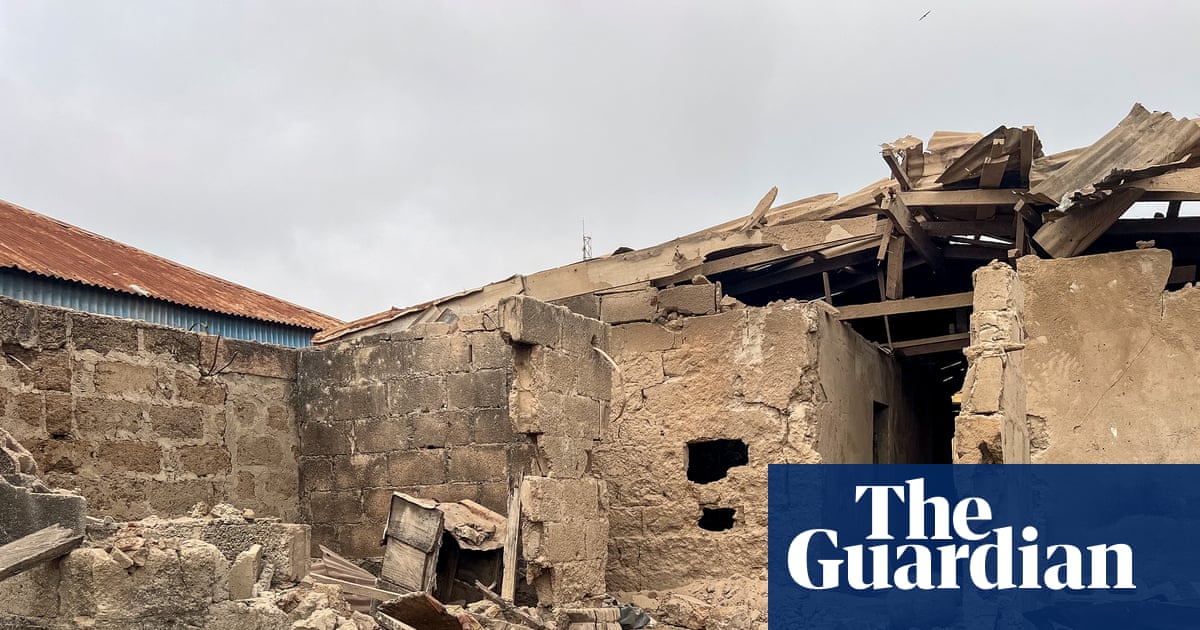The financing of transition mineral mining is driving widespread environmental destruction and human rights abuses, according to a report.
Banks and investors have ploughed hundreds of billions of dollars into companies mining for minerals for the manufacture of solar panels, wind turbines, batteries, energy grids and electric vehicles in the past decade, according to the research.
But the institutions funding this extraction have “dangerously weak” environmental, social and governance (ESG) policies relating to mineral mining, the report says, with most lacking any meaningful safeguards for communities and ecosystems.
“Without urgent reform, finance will continue to reinforce an extractive, high-risk model that undermines both climate and nature goals, and tramples human rights,” according to the report.
Maurício Angelo, the executive director of Mining Observatory, said: “Mining is one of the main causes of the climate crisis and now presents itself as a central part of the solution to the problem in the energy transition without changing its exploration model and value chain worldwide. This is a glaring contradiction that can no longer be ignored by decision-makers.”
The research has been undertaken by the Forests & Finance coalition, an initiative that researches who is funding the companies involved in a range of industries affecting tropical forests and the communities that rely on them in south-east Asia, central and west Africa, and parts of South America.
According to the report, leading banks poured $493bn (£369bn) in loans and underwriting into transition mineral mining companies between 2016 and 2024, while investors held $289bn (£216bn) in bonds and shares.
But the ESG policies held across 30 top institutions devoting the most in financing to projects were weak, leading to a situation where nearly 70% of transition mineral mines overlap with Indigenous or peasant lands, and 71% were located in high-biodiversity regions already under climate and social stress.
Drawing on case studies from Australia, Brazil, Indonesia and the Democratic Republic of Congo, the report links transition mineral mining to deforestation, pollution, Indigenous rights violations, unsafe labour practices, new coal plants, fatal and catastrophic collapses of tailings dams, and ecosystem destruction.
after newsletter promotion
With four-fifths of the investments into miners coming from institutions in the US, Australia, the UK, Japan and Brazil, the report calls on governments to “embed justice and environmental protection into financial regulation”, enforce corporate transparency and accountability, and to strengthen mandatory due diligence on issues of environment and human rights.
It also calls on financial institutions to reform their approach to financing miners, specifically that they should embed respect for human rights and international law into their policies, and exclude companies linked to deforestation and rights abuses.
“This should be a wake-up call for every policymaker, banker and investor: you cannot build a just energy future by trampling rights, displacing communities and torching biodiversity,” said Stephanie Dowlen, a forest campaigner with Rainforest Action Network, a member of the Forests & Finance coalition. “A just transition needs finance that no longer rewards bad behaviour and corporate impunity.

 3 months ago
54
3 months ago
54

















































